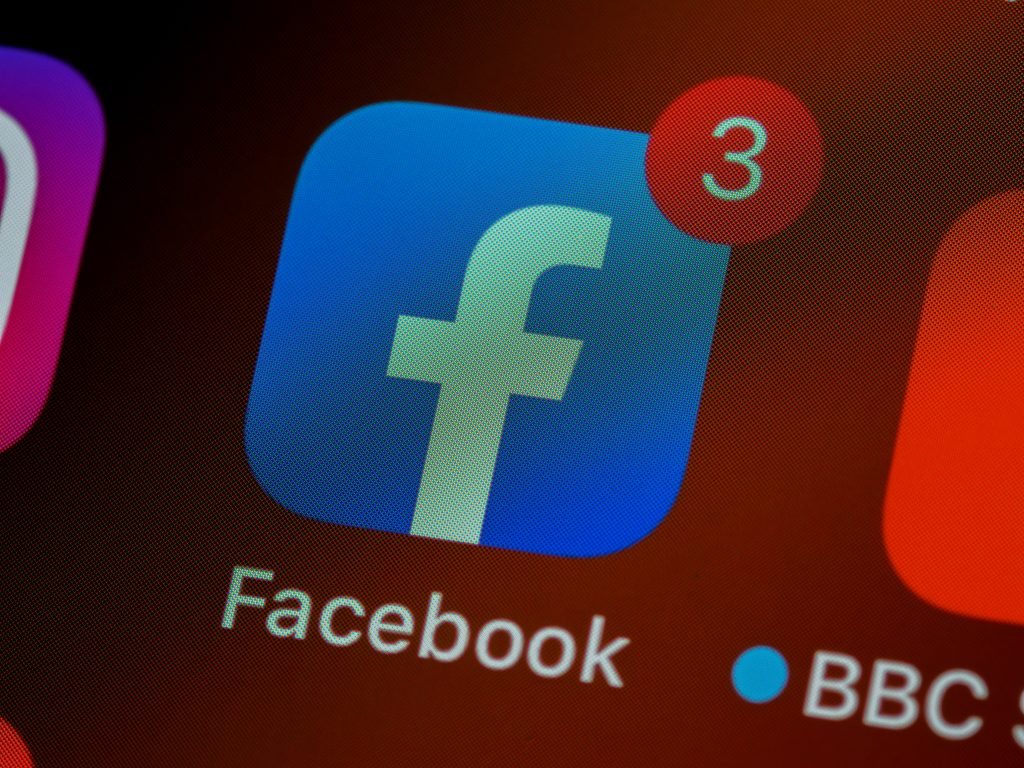U.S. Supreme Court Hears Arguments Over TikTok Lawsuit

On Friday the U.S. Supreme Court heard arguments in the lawsuit over whether the U.S. can ban social media platform TikTok if its owner fails to sever ties with China.
With upwards of a billion users worldwide — including somewhere between 135 and 170 million in the U.S. — TikTok is among the most popular social media outlets on earth.
TikTok isn’t just a video-sharing app. It’s a major corporation. Its Chinese-based parent company, ByteDance, has been valued at $300 billion.
However, TikTok has found itself embroiled in controversy for struggling to protect private user data from entities in China — including the Chinese Communist Party. The platform has been accused of serving users a steady “diet of darkness” online. TikTok also has been sued for allegedly violating U.S. laws intended to protect children.
In April, President Biden signed a bipartisan piece of legislation requiring TikTok to cut ties with China by January 19. If it fails to do so, the law would ban TikTok in the United States.
Instead of severing ties with China, TikTok sued the federal government. That lawsuit has made its way to the U.S. Supreme Court, who heard arguments in the case on Friday.
The Wall Street Journal writes,
TikTok’s lawyer, Noel Francisco, told the court that the law threatens to silence a popular and important platform, a violation of its First Amendment rights. . . .
In early questioning from the court, most justices voiced doubts about TikTok’s arguments, viewing the law not as a restriction on free speech but instead as targeting the platform’s ownership by Beijing-based ByteDance. . . .
Chief Justice John Roberts said the court couldn’t ignore congressional concerns that Beijing could use TikTok to spread propaganda and stockpile sensitive user data on Americans. . . .
Justice Elena Kagan said the law “is only targeted at this foreign corporation, which doesn’t have First Amendment rights.” . . . .
The Supreme Court agreed to hear TikTok’s appeal on an expedited schedule, meaning the justices could rule in time to spare the app—or seal its doom—before the Jan. 19 deadline.
In December, Family Council joined three dozen other leaders and organizations in an amicus brief filed with the U.S. Supreme Court in this case.
The amicus brief argues that the Chinese Communist Party does not respect free speech in China or in America, and that the First Amendment should not give foreign adversaries like the CCP an open door to influence tens of millions of Americans.
As we keep saying, social media is more than just websites or phone apps. These are multibillion dollar businesses with tremendous influence.
As Arkansas Attorney General Tim Griffin has pointed out, TikTok’s owners are subject to Chinese laws that mandate secret cooperation with intelligence activities of the People’s Republic of China.
If the Chinese Communist Party can control TikTok, the CCP may be able to manipulate users or harvest sensitive data on one of the world’s largest social media platforms. That ought to concern all of us.
Articles appearing on this website are written with the aid of Family Council’s researchers and writers.





